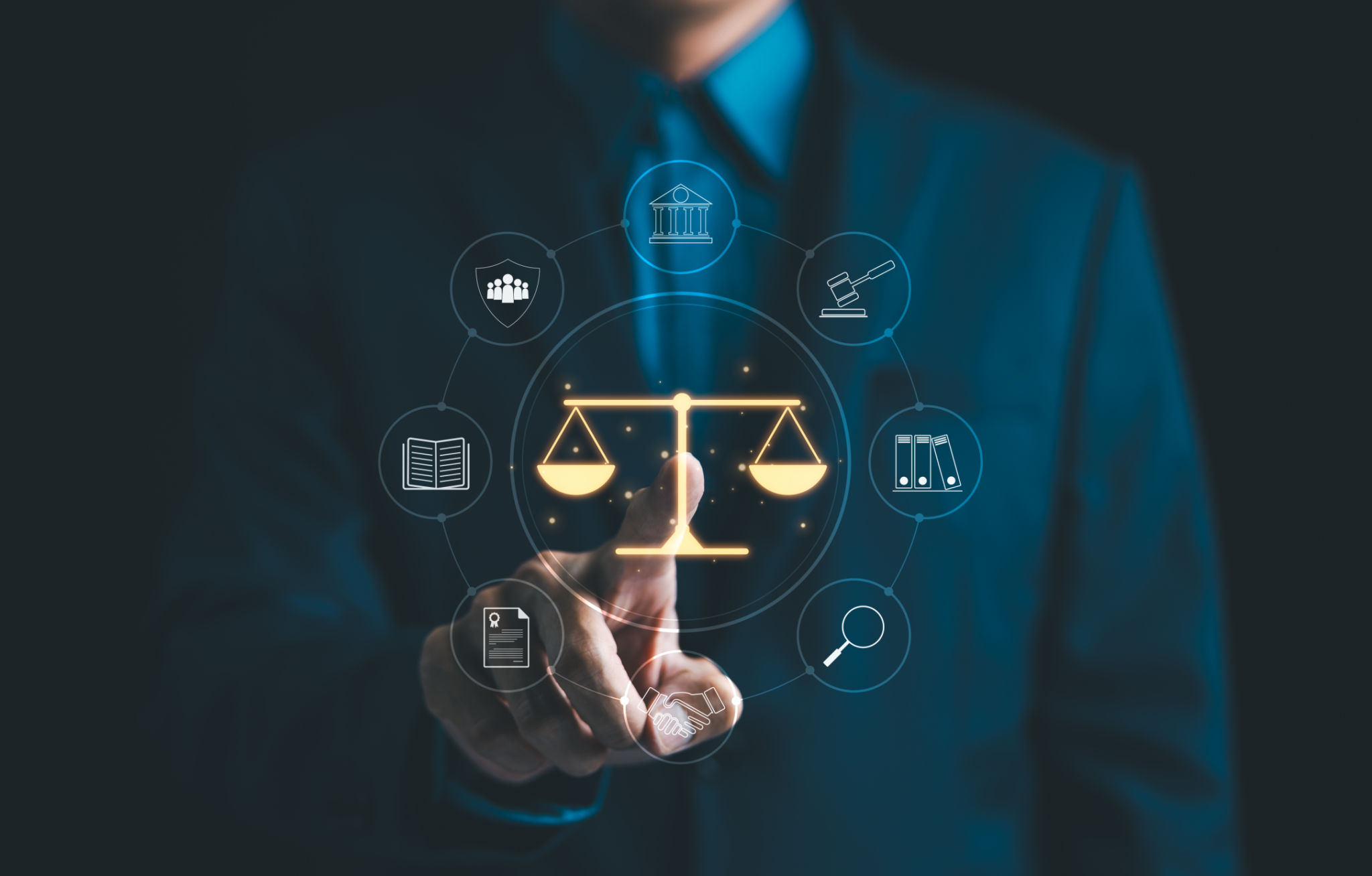AI Trends in the Legal Sector: What to Expect Next
The Impact of AI on Legal Research
Artificial Intelligence (AI) has already begun to transform the legal sector, particularly in the realm of legal research. Legal professionals are leveraging AI-powered tools to sift through vast databases and retrieve relevant case laws, statutes, and other legal documents in a fraction of the time it traditionally takes. This accelerated research process not only saves time but also reduces costs, allowing lawyers to focus more on strategy and client interaction.
Furthermore, AI's ability to provide predictive analysis is an exciting development. By analyzing patterns in previous cases, AI can offer insights into potential outcomes and help legal teams craft more effective arguments. As these technologies continue to evolve, they are expected to become even more intuitive and accurate.

Automation of Routine Tasks
Another significant trend is the automation of routine administrative tasks. AI-driven software can handle tasks such as document review, contract analysis, and due diligence much faster than humans can. These applications not only improve efficiency but also minimize human error, which is crucial in legal processes that require high precision.
For instance, AI can quickly identify clauses in complex contracts that may pose risks or require renegotiation. This capability allows legal teams to allocate their resources more effectively, focusing on areas that demand human judgment and expertise.

AI in Predictive Analytics
Predictive analytics is another area where AI is making waves in the legal sector. By analyzing historical data, AI systems can forecast litigation outcomes or settlement possibilities. This enables law firms to advise clients on the best course of action with a higher degree of certainty.
Such predictive capabilities are particularly beneficial in areas like personal injury claims or intellectual property disputes, where outcomes can be uncertain. As AI becomes more adept at recognizing patterns in legal data, the reliability of these predictions is likely to improve further.

Enhancing Client Experience
The use of AI in enhancing the client experience is another trend gaining traction. Chatbots and virtual assistants are becoming commonplace in law firms, providing clients with 24/7 support and quick answers to their queries. This level of accessibility improves client satisfaction and engagement.
Additionally, AI systems can personalize client interactions by analyzing previous communications and tailoring responses accordingly. As these technologies advance, they will play an increasingly important role in building stronger client relationships.
Data Privacy Concerns
Despite the numerous benefits AI brings to the legal sector, it also raises important questions about data privacy. The use of AI requires access to vast amounts of sensitive information, and ensuring this data is protected is paramount. Legal firms must navigate the complex landscape of data protection regulations while leveraging AI technologies.
To address these concerns, law firms are investing in robust cybersecurity measures and compliance protocols. As AI continues to integrate into legal practices, maintaining the balance between innovation and privacy will remain a critical challenge.

The Future of AI in Legal Practices
Looking forward, we can expect AI to further revolutionize the legal sector by introducing more sophisticated tools that enhance decision-making and operational efficiency. The integration of AI with other emerging technologies, such as blockchain and the Internet of Things (IoT), may open new avenues for innovation within the industry.
The ongoing development in natural language processing (NLP) will also play a pivotal role as it allows AI to better understand complex legal language and context. This will enable more nuanced interactions with legal documents and clients alike.

Conclusion
The adoption of AI in the legal sector is poised to grow exponentially in the coming years. From streamlining administrative tasks to enhancing client interactions and offering predictive insights, AI technologies are transforming how legal services are delivered. As these tools become more advanced and widespread, they will undoubtedly shape the future landscape of the legal industry.
Law professionals and firms that embrace these advancements stand to gain a competitive edge, offering services that are not only efficient but also aligned with modern client expectations.
